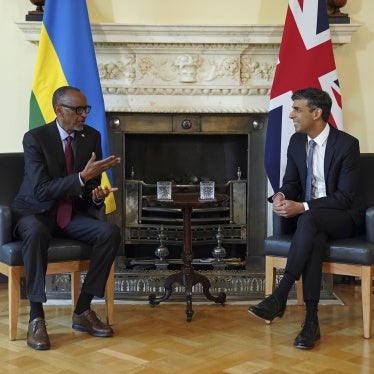It’s listed innocuously under ‘Any other business’ on the agenda for the upcoming European Union General Affairs Council meeting. However, the discussion of Poland as a possible threat to EU values may well ignite tension.
The meeting of the EU General Affairs Council, set for May 16, will be the first time that EU governments debate the threats to rule of law in Poland. It follows the EU Commission decision in January 2016 to activate its “rule of law mechanism” – designed to address EU governments’ policies that threaten fundamental rights and democratic checks and balances – against Warsaw.
EU governments are reluctant to criticize one another. But there’s no doubt that the situation in Poland merits scrutiny.
Since the Law and Justice party (PiS) took power, the Polish government has repeatedly undermined the country’s Constitutional Tribunal. They cancelled the appointment of several duly appointed judges and passed laws that Polish nongovernmental organizations say gravely undermine the effectiveness and independence of the country’s highest court. Worse, Poland’s government refused to implement several unfavorable rulings by the court.
Today, Poland’s constitutional court is the subject of political disputes over its composition, functioning, and independence.
Additionally, Poland has passed laws that restrict freedom of assembly and association and is planning steps that would undermine judicial independence more widely in the country, in spite of concerns raised by the Council of Europe and others.
In February, the EU Commission concluded the Polish government has constantly obstructed its efforts to reverse the course of events. The May 16 discussion offers an important chance for EU national leaders to step in. As the EU treaty makes clear, in cases where the actions of an EU government poses a risk to the fundamental values of the union, collective action is required.
During the United Nations Human Rights Council’s review of Poland’s human rights record last week, several EU countries, including France, Germany, and Sweden, spoke strongly against the damage done to Poland’s constitutional court. It’s time for those countries to repeat those concerns in another forum that has potential for meaningful impact, the council of EU member states.
They should make it clear that Warsaw’s continued refusal to rebuild trust will only lead to tougher steps – including possibly pursuing the suspension of Poland’s voting rights.










